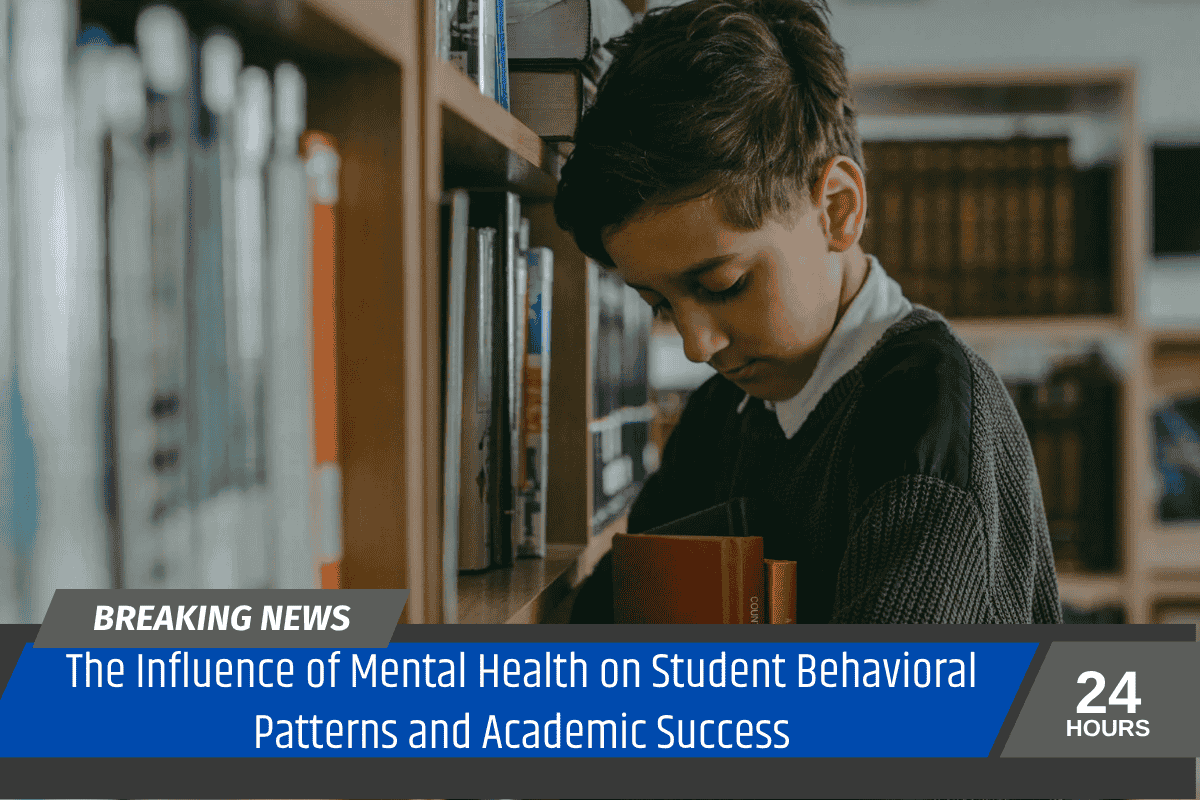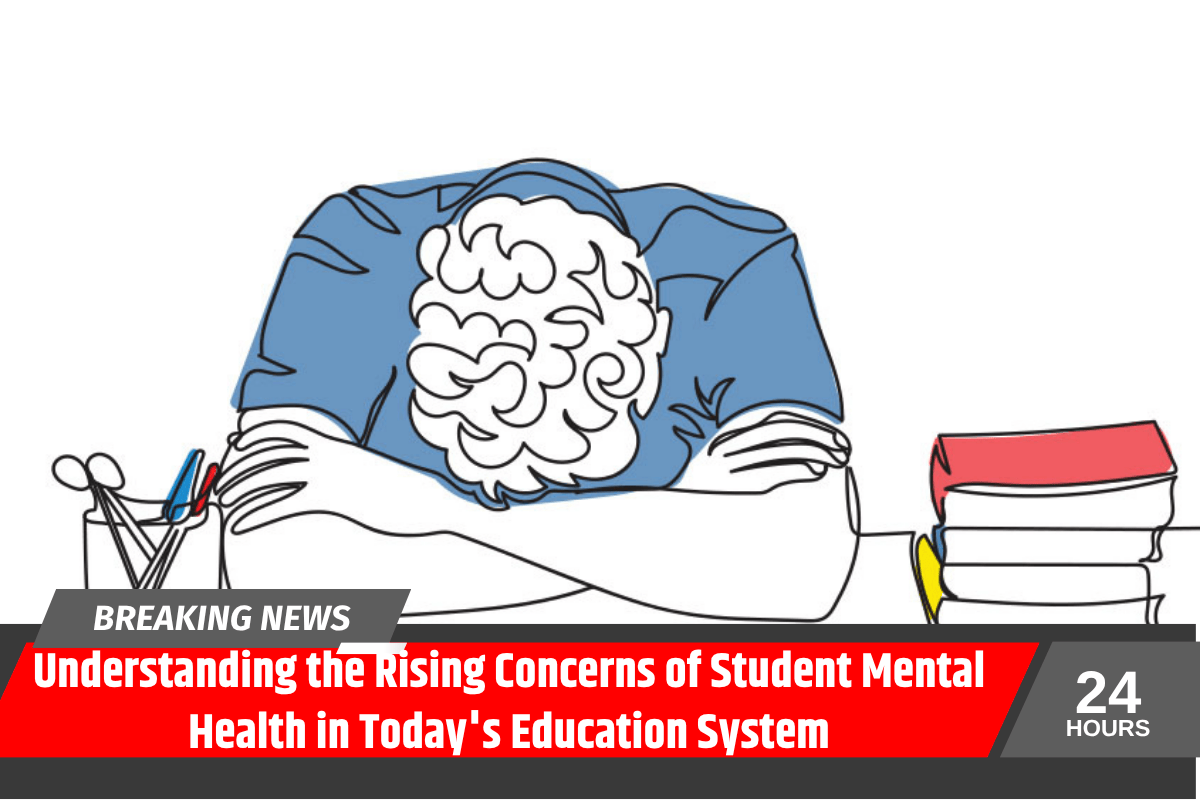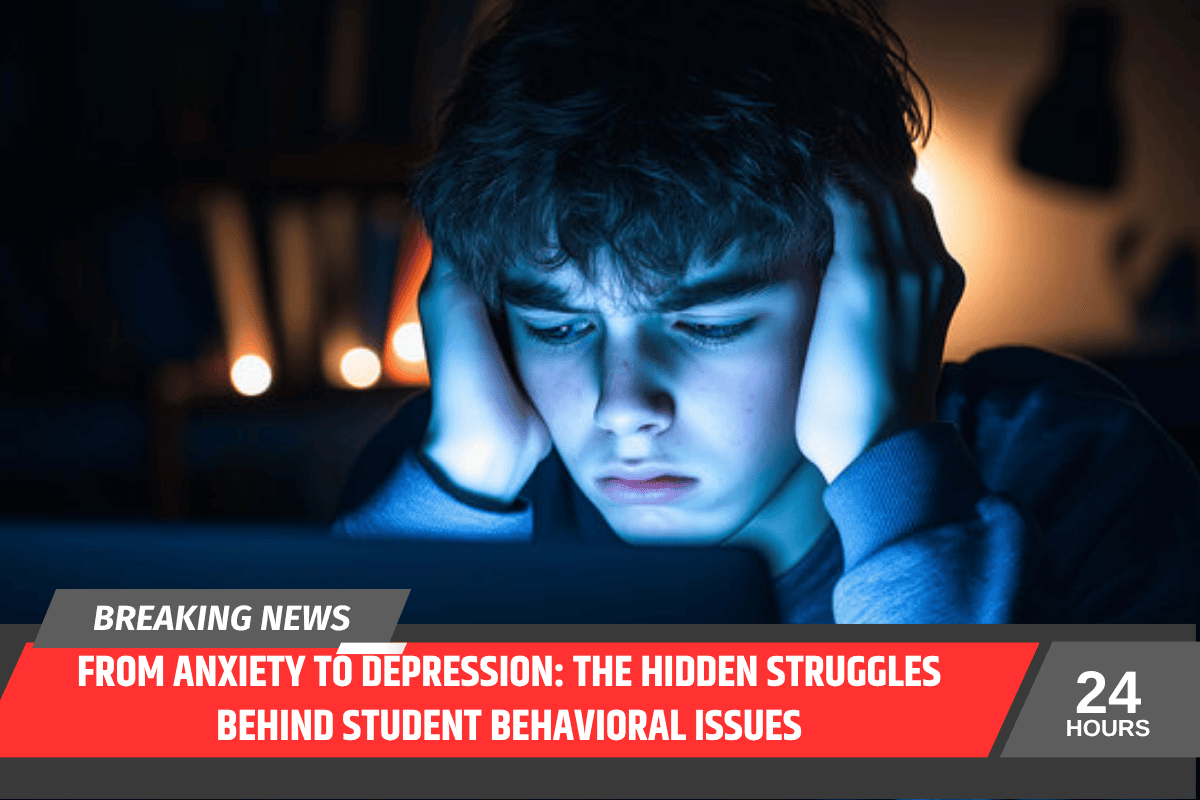Family is the first place where children learn and grow, and it plays a significant role in shaping a student’s mental health and behavior. The environment at home, the relationships among family members, and the values imparted in the family can have lasting effects on a student’s emotional well-being, behavior, and even academic success.
In this article, we will explore how family dynamics influence students’ mental health and their overall behavior at school and in their personal lives.
How Family Relationships Affect a Student’s Mental Health
The relationships within a family are often the first source of emotional support for a student. A positive and supportive family environment can help children develop emotional resilience and coping mechanisms, which are crucial in handling stress, challenges, and conflicts.
On the other hand, if there are issues such as constant conflicts, emotional neglect, or abuse within the family, it can negatively affect the child’s mental health, leading to feelings of anxiety, depression, or low self-esteem.
For example, children who grow up in households where communication is open and supportive tend to have better emotional regulation skills. They are also more likely to develop healthier relationships with peers and teachers.
In contrast, children who experience emotional neglect or conflict may struggle with emotional regulation, leading to outbursts, poor coping mechanisms, and difficulty trusting others.
The Impact of Parental Involvement in School
Parental involvement in a child’s education plays a significant role in their academic success and emotional well-being. When parents show interest in their child’s school life, participate in school activities, and communicate with teachers, it sends a message to the child that their education is important. This can improve a student’s self-esteem, motivation, and performance.
On the flip side, when parents are disengaged from their child’s school life, students may feel unsupported or neglected. This lack of involvement can cause frustration, a sense of isolation, and even behavioral problems at school.
Children who feel disconnected from their parents are also more likely to act out or experience difficulties in forming healthy relationships with teachers and peers.
Family Stress and Its Effects on Student Behavior
Every family experiences stress at some point, whether it’s financial problems, marital issues, or health concerns. However, how a family manages stress can have a significant impact on a student’s behavior.
When families are under stress and are unable to manage it effectively, it can lead to a tense home environment. Children living in stressful environments may develop feelings of insecurity, anxiety, and anger, which can manifest as behavioral issues at school.
Moreover, family stress can affect a child’s ability to concentrate, which in turn affects their academic performance.
A student dealing with high levels of family stress may have trouble focusing on schoolwork, leading to lower grades and a lack of interest in learning. If left unchecked, this can also lead to more serious mental health concerns, such as depression or anxiety disorders.
The Influence of Parenting Styles
Different parenting styles can have varying effects on a student’s behavior and mental health. For instance, authoritative parenting, which is characterized by warmth, support, and clear boundaries, has been linked to better emotional health and behavior in children.
Students with authoritative parents tend to have higher self-esteem, stronger problem-solving skills, and better social abilities.
On the other hand, authoritarian parenting, which is strict and controlling, can lead to rebellious or anxious behavior in children. Students raised in authoritarian environments may struggle with self-confidence and may act out in school or socially.
In contrast, permissive parenting, where there are few rules or boundaries, can result in children who lack discipline and struggle to respect authority figures, which can affect their behavior both at home and in school.
Sibling Relationships and Their Role in Mental Health
While parents play a significant role in a child’s development, sibling relationships can also influence a student’s mental health and behavior.
Positive sibling relationships, marked by cooperation and mutual support, can provide emotional stability and reduce feelings of loneliness. Siblings can also be important sources of guidance and comfort during difficult times.
However, sibling rivalry or conflicts can lead to stress and emotional strain. If siblings constantly fight or compete for attention, it can create a toxic environment that affects the child’s emotional well-being.
This can result in feelings of jealousy, resentment, and insecurity, which may reflect in their behavior and social interactions.
Family dynamics play an essential role in shaping a student’s mental health and behavior. The relationships, communication patterns, and the overall family environment are significant factors that can influence how a child perceives themselves, handles stress, and interacts with others.
Positive family relationships and parental involvement in education can foster emotional well-being, good behavior, and academic success. On the other hand, family stress, poor communication, and negative parenting styles can lead to mental health challenges and behavioral issues.
As students spend a considerable amount of time at school, the impact of family dynamics on their academic life and overall development is undeniable. Therefore, creating a healthy and supportive family environment is crucial for promoting positive mental health and encouraging constructive behavior in students.






